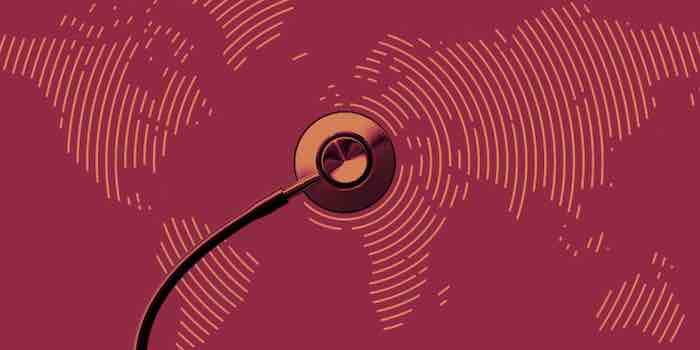 VANCOUVER
VANCOUVER—Despite spending more on health care than most other developed countries with universal health care, Canada has some of the lowest numbers of doctors, hospital beds, and medical technologies—and the longest wait times, finds a new study released today by the Fraser Institute, an independent, non-partisan Canadian public policy think-tank.
“Canada’s comparatively high health-care spending hasn’t reversed the country’s lack of access to medical resources and doctors available, nor the long wait times for treatment,” said Bacchus Barua, associate director of health policy studies at the Fraser Institute and co-author of
Comparing Performance of Universal Health Care Countries, 2020.
The study compares 28 universal health-care systems in developed countries
The study compares 28 universal health-care systems in developed countries, spotlighting several key areas including cost, availability and use of resources, access to care, clinical performance and quality, and the health of Canadians.
In 2018, the latest year of comparable data, Canada’s health-care spending as a share of GDP (11.3 per cent) ranked second highest (after adjusting for population age) behind only Switzerland.
But despite Canada’s high level of spending, availability and access to medical resources is generally worse than in comparable countries (its performance in terms of utilization and quality is mixed).
For example, (out of 28 countries) Canada ranks 26th for the number of doctors (2.8 per 1,000 people), 25th (out of 26 countries) for the number of hospital beds (2.1 per 1,000 people), and 24th for the number of psychiatric beds (0.4 per 1,000 people).
Canada ranks 22nd (out of 26) for the number of Magnetic Resonance Imaging (MRI) machines with 10.5 MRIs per million people, and 21st (out of 27) for CT scanners with 16.0 scanners per million people.
Crucially, among the 10 comparable universal health-care countries that measure wait times, Canada ranks last with the highest percentage (30 per cent) of patients who waited two months or longer to see a specialist, and the highest percentage of patients (18 per cent) who waited four months or longer for elective surgery.
“Canada’s health-care system continues to struggle with a lack of critical resources and long wait times for treatment, despite our high levels of spending,” Barua said.
“To improve Canada’s health-care system, policymakers should learn from other successful universal health-care countries, for the benefit of Canadians and their families.”
Media Contact:
• Bacchus Barua, Associate Director, Health Policy Studies, Fraser Institute
To arrange media interviews or for more information, please contact:
• Drue MacPherson, Fraser Institute
drue.macpherson@fraserinstitute.org
Fraser Institute——
Bio and Archives
The Fraser Institute is an independent Canadian public policy research and educational organization with offices in Vancouver, Calgary, Toronto, and Montreal and ties to a global network of 86 think-tanks. Its mission is to measure, study, and communicate the impact of competitive markets and government intervention on the welfare of individuals. To protect the Institute’s independence, it does not accept grants from governments or contracts for research. Visit fraserinstitute.org.
Follow the Fraser Institute on Twitter | Like us on Facebook
 VANCOUVER—Despite spending more on health care than most other developed countries with universal health care, Canada has some of the lowest numbers of doctors, hospital beds, and medical technologies—and the longest wait times, finds a new study released today by the Fraser Institute, an independent, non-partisan Canadian public policy think-tank.
“Canada’s comparatively high health-care spending hasn’t reversed the country’s lack of access to medical resources and doctors available, nor the long wait times for treatment,” said Bacchus Barua, associate director of health policy studies at the Fraser Institute and co-author of Comparing Performance of Universal Health Care Countries, 2020.
VANCOUVER—Despite spending more on health care than most other developed countries with universal health care, Canada has some of the lowest numbers of doctors, hospital beds, and medical technologies—and the longest wait times, finds a new study released today by the Fraser Institute, an independent, non-partisan Canadian public policy think-tank.
“Canada’s comparatively high health-care spending hasn’t reversed the country’s lack of access to medical resources and doctors available, nor the long wait times for treatment,” said Bacchus Barua, associate director of health policy studies at the Fraser Institute and co-author of Comparing Performance of Universal Health Care Countries, 2020.